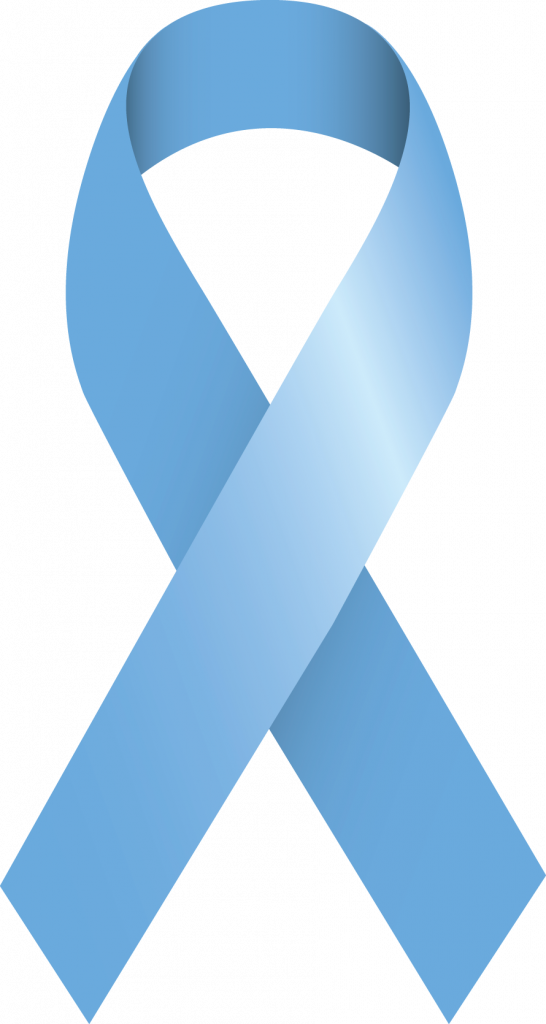Jukka’s experience with cancer: “It pays to be proactive”
Jukka Karhula’s prostate cancer was diagnosed early on, thanks to his proactive attitude. After undergoing treatment, which was successful, he got involved with peer support activities and also recommends an active approach to others.
Jukka Karhula was diagnosed with cancer in summer 2009.
That spring he had been waiting for an invitation to his five-year medical checkup from occupational health care.
“I like to take care of myself, so I decided to find out when I would be invited to my checkup. It turned out that my employer had stopped the five-year checkups, but it was still possible to go for a checkup if we wanted to,” says Jukka.
During the checkup Jukka made sure that his PSA (prostate-specific antigen) levels were also measured. When the results came back, he noticed that his PSA level was up by a third – the reading that was normally around 2 was now 3.5.
Even though Jukka’s PSA level was still within the threshold limit and the level also rises with age, he made an appointment with a urologist to find out what could be causing the rise.
Jukka was referred for a biopsy after a change on the left side of the prostate was detected in a rectal examination.
The tissue samples collected in the biopsy contained moderately aggressive cancer cells.
Surgical treatment was a success
During his treatment, Jukka carried out a lot of research into his illness.
“I like to base my actions on facts. Faced with cancer, I decided to do the things that would help me to live with the disease one way or another,” he says.
Five months after his diagnosis, Jukka underwent a robotically assisted prostatectomy. He returned to work after just over two weeks of sick leave.
“Everything that was meant to remain in the operating theatre remained in the operating theatre.”
Jukka now goes for control visits twice a year. According to treatment practices, control visits are carried out for five years, but Jukka plans to continue going for the visits even after this.
“I am not worried about the cancer returning, but the possibility is always on my mind when it is time to book a new test — a zero is always better than a higher number.”
Openness is good
Jukka’s motto is: More life. Less cancer. Healthy until proven otherwise.
Five years after the diagnosis, prostate cancer is still a large part of Jukka’s life.
“My three-month control visit included a chat with an oncology nurse. It was then that I realised that a similar chat would have been really helpful when I had my biopsy, or, at the latest, during my treatment discussions. I would have liked much more information, but was unable to ask for it myself,” says Jukka.
“I remember when I had just had my biopsy. It would have surely been a great help if someone from peer support had been around to ask how it had gone or whether I would like to talk,” he continues.
Therefore it felt natural for Jukka to get involved with peer support activities. He also recommends this to others.
“4,800 prostate cancer diagnoses are made in Finland every year and 40,000 men have already been diagnosed with prostate cancer. You do not need to face this disease alone.”
Three tips for dealing with a diagnosis
1. Find out your PSA level
“It was a good thing that I was stubborn and kept an eye on my PSA level. Otherwise my next test would have only been scheduled at the age of 65, i.e. now. By the time you start to notice the symptoms of prostate cancer it is likely that the disease has already spread. Therefore it is a good idea to have a check up at the age of 50 at the latest to find out your normal PSA level. A PSA test does not cost much. You will be able to react to any changes in time if the level starts to rise from the normal level.”
2. Do not deal with this alone
“We can all find someone else who is in a similar situation. We need more people to get involved in peer support activities, so if your own disease is under control and you are in a good place, you can always help others. This is well worth doing – we lend an ear to others and try to listen.”
3. Openness is good
“Some people push their cancer aside and cope. However, I never once thought that I would keep this information to myself. Cancer always affects many people – it also affects your family and the people close to you. Cancer organisations provide support to friends and relatives as well as patients. It’s a good idea for your support network to be aware of what is going on.”
Tips provided by Jukka Karhula.
Author: Päivi Lehto-Trapnowski
http://www.orion.fi/en/my-health/prostate-cancer/jukkas-experience-with-cancer/


